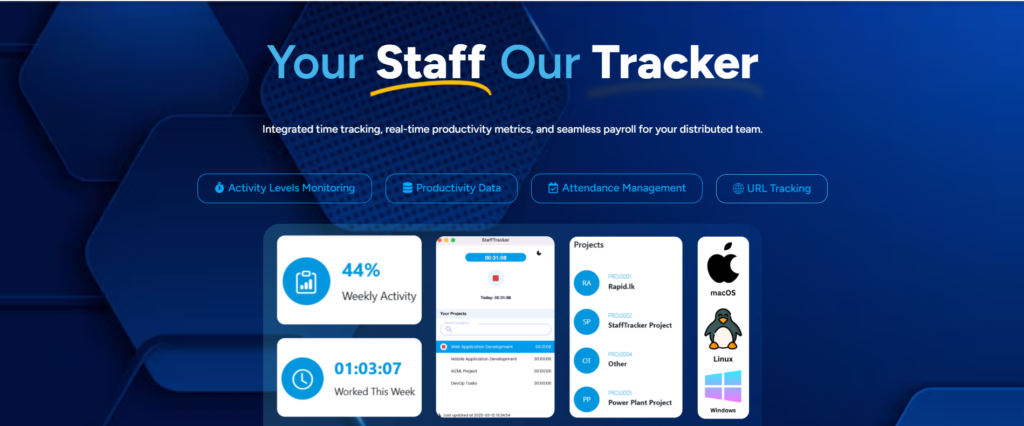
Remote work has redefined the way businesses operate, making effective management more critical than ever. Successful remote managers don’t just rely on technology; they cultivate key soft skills that foster productivity, transparency, and engagement. Here are essential strategies to excel in managing remote teams.
Key Traits of a Great Remote Manager
Communication and Transparency
Remote management demands a deliberate approach to communication. Since team members don’t have the luxury of observing leadership in action, managers must proactively establish clear communication channels and feedback loops. Regular one-on-one meetings, open discussions, and structured updates help build a transparent work culture that prioritizes employee well-being and efficiency.
Setting Clear and Realistic Expectations
Remote teams require explicit guidelines to avoid misunderstandings. Managers must set expectations on:
- Time Zones: Clearly define deadlines in the employee’s respective time zone to eliminate ambiguity.
- Cultural Differences: Respect and understand how different cultures approach meetings, eye contact, and communication norms.
- Work Hours: Standard work hours vary globally. Setting clear expectations on availability and working hours ensures alignment within the team.
Flexibility and Trust
Flexibility is key to remote team success. Encouraging employees to provide feedback on communication practices and work arrangements fosters an adaptable and trusting culture. This, in turn, improves employee retention and overall efficiency.
Top Strategies for Managing Remote Employees
1. Establish Regular Check-ins and Feedback Loops
Unlike an office environment, where managers can casually check on employees, remote management requires structured interactions. Scheduled check-ins, team meetings, and one-on-ones create opportunities for both performance tracking and personal engagement. Implementing feedback loops like the Kaizen Cycle helps drive continuous improvement through small, incremental changes.

2. Prioritize Employee Well-being
Remote employees often experience feelings of isolation. Managers should create engagement opportunities such as virtual team-building activities, casual chats, and wellness programs. Regular personal check-ins help managers understand employees’ motivations and concerns, fostering a supportive work environment.
3. Implement Remote Workforce Management Solutions
Comprehensive remote management platforms streamline operations by integrating time tracking, screenshot monitoring, App Tracking, Project manahement, and productivity monitoring. These solutions enhance transparency and efficiency while ensuring seamless global workforce management.
4. Encourage Professional Development
Investing in employee growth leads to higher retention and job satisfaction. Managers should offer:
- Training programs and career development initiatives.
- Clear goal-setting frameworks for career progression.
- Mentorship and leadership development opportunities.
5. Build a Positive Remote Work Culture
A strong remote culture prevents burnout and enhances job satisfaction. Managers should:
- Promote Diversity, Equity, and Inclusion (DEI) initiatives.
- Recognize and appreciate team members’ contributions.
- Encourage a work-life balance by setting healthy boundaries.
6. Handle Remote Work Challenges Proactively
Being proactive helps mitigate challenges before they escalate. Managers should develop structured onboarding programs, set clear role expectations, and create succession plans to ensure business continuity. Anticipating team needs enhances long-term success.
Overcoming Common Remote Management Challenges
Addressing Communication Barriers
Understanding cultural nuances and preferred communication styles strengthens collaboration. Additionally, while reducing meeting overload is important, sometimes a short synchronous call resolves misunderstandings faster than prolonged email exchanges.
Maintaining Team Engagement
Managers must balance flexibility with engagement. Encouraging employees to share personal stories, interests, and hobbies fosters workplace camaraderie. Virtual social interactions and recognition programs further enhance team cohesion.
Conclusion
Great remote managers excel by combining strong leadership, transparent communication, and the right technology. By fostering a culture of trust, flexibility, and continuous improvement, managers can build highly engaged and productive remote teams. Implementing these strategies ensures sustained success in the evolving landscape of remote work.